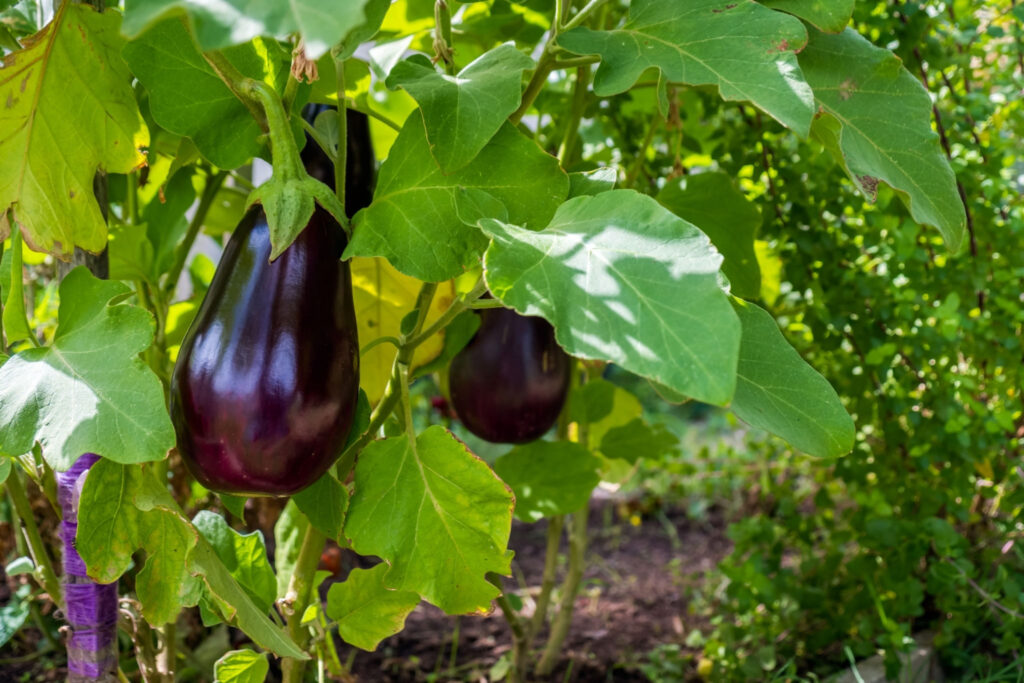Eggplants are warm weather vegetables that can be harvested during the mid to late summer, tasting best when harvested young. They are versatile vegetables that can be used in many dishes, making them a popular vegetable crop gardeners love to grow.
However, being a warm weather crop, will eggplant survive the winter? Is it possible to keep it growing even as the cold weather arrives? Read on to find out if eggplants can survive colder temperatures and what you can do about keeping your eggplants in optimum growing conditions.

Will Eggplant Survive the Winter?
Eggplants would grow wild in their homeland of South Asia, being a perennial plant. But most gardeners would treat these vegetables as annuals. As you can see from its homeland, they have tropical and subtropical heritage, making people wonder if the plants can thrive even in cooler weather, or even the winter season.
Technically yes, eggplants can survive the winter as they will continue to grow and flower. However, growth will slow down considerably and will be less productive. It will also increase the risk of their flowers dropping and fruits stopping bearing properly. These are warm season vegetables that require hotter temperatures and sun!
Note that temperatures that fall below 50 degrees F can damage the plants, as they are tropical natives. Furthermore, fruit set can be reduced if the temperatures fall below 60 degrees F. You will end up seeing flowers drop during the winter, meaning fewer chances of bearing fruit, or fruit being small and not growing at all.
Take note that the optimum daytime growing temperature should be between 70-85 degrees F. Night temperatures should be around 60-65 degrees F, nothing lower. Eggplants like it hotter, but not TOO hot (like over 90 degrees F), or this can cause fruit abortion as well. This is why eggplants are easier to grow in the low desert southwest, especially since they thrive in full sun, requiring at least 5 months of warm weather to produce healthy fruit.
What happens if unexpected cold spells hit? You can cover the plants for protection, removing them once the temperatures increased to optimum levels. If you live in particularly colder areas, opt to grow cultivars that can tolerate cooler temperatures, like the Elondo or Orient Express.
But as much as possible, do wait for warmer temperatures to arrive before you begin transferring plants outdoors. You can start planting eggplants in the late winter and in controlled temperatures, such as a greenhouse, or starting the seeds off indoors. That is. When you can transplant them in March once the daytime temperatures increase, starting off the long growing season.
Read more: How to Grow Eggplant in Texas
Would you like to learn more about planting eggplants during the colder seasons? This video shows you some helpful tips on overwintering eggplants so your plants can survive before the growing season begins again:
Wrapping It Up
Eggplants are a great vegetable crop you can plant, but you have to make sure you plant it at the right time to prevent it from dying off. If you do plan to plant it during the winter, you might want to postpone that until spring or when frost ends, as it most likely won’t survive.
I hope that this article answered your question, ‘will eggplant survive the winter?’ Now that you know the answer, plant your favorite vegetable crops wisely to prevent them from dying during the cold weather. Good luck!